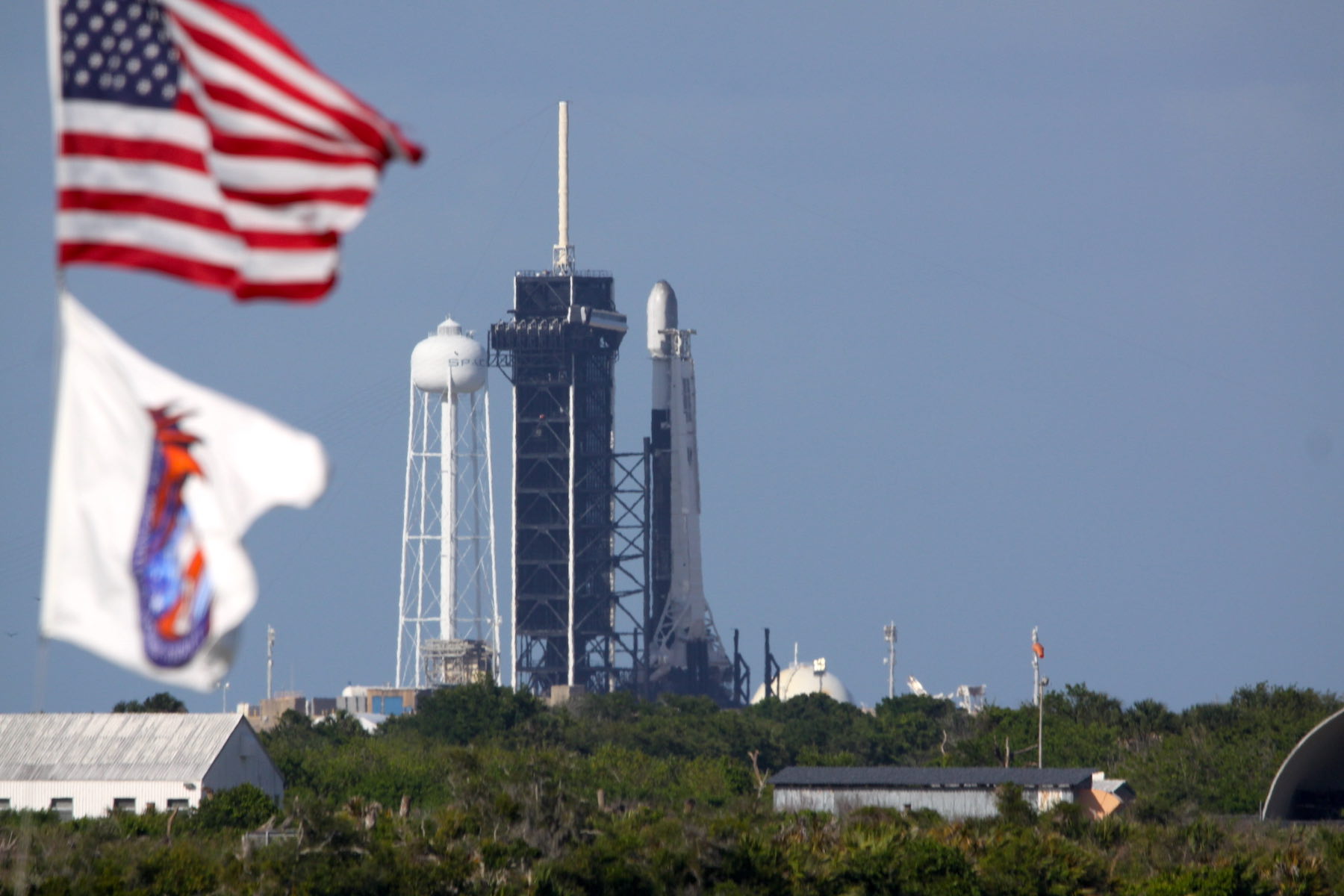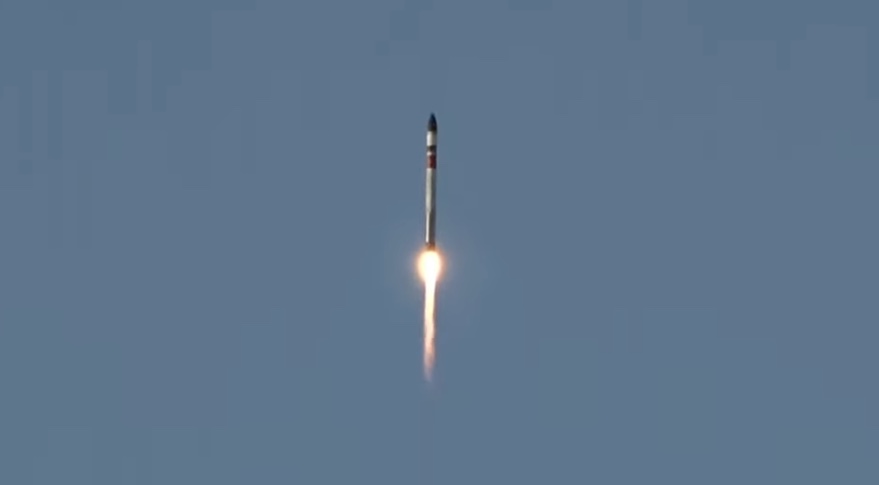Average atmospheric concentrations of methane reached 1900 parts per billion last September, the highest in nearly four decades of records
By Adam Vaughan
Wetlands such as the Pantanal in Brazil are a major source of methane emissions CARL DE SOUZA/AFP via Getty Images
Rising levels of the powerful greenhouse gas methane reaching a new milestone should serve as a “fire alarm moment”, say researchers.
According to data compiled by the US National Oceanic and Atmospheric Administration (NOAA), average atmospheric concentrations of methane reached a record 1900 parts per billion (ppb) in September 2021, the highest in nearly four decades of records. The figure stood at 1638 ppb in 1983.
“It is scary,” says Euan Nisbet at Royal Holloway, University of London. He says the record shows the importance of more than 100 countries acting on their methane-cutting pledge at the COP26 climate summit.
The new high is unsurprising because methane levels have been climbing since 2007, thought to be driven primarily by changes in wetlands and agriculture in the tropics and – to a lesser degree – by leaks from oil and gas production. “The September data continues the exceptional trends that we’ve been seeing over the past few years,” says Keith Shine at the University of Reading, UK.
However, the rate at which concentrations are rising is concerning researchers, with 2020 marking the biggest annual jump since records began in 1983.
It is too early to say yet whether 2021 will see a record annual increase, says Ed Dlugokencky at the NOAA Global Monitoring Laboratory in Boulder, Colorado. However, based on flasks of air analysed up to the end of September, he is expecting a large rise.
Two possible drivers are wet conditions in the tropics, which are common when, as now, the world is experiencing a weather pattern called La Niña, and heat in the Arctic. “Do these conditions play a role in the increase in 2021? Perhaps, but it is too soon to know,” says Dlugokencky.
The recovery of pandemic-hit economic activity could play a role too. “I could imagine a case where oil and gas emissions increased because we were ‘getting back to normal’,” says Alex Turner at the University of Washington in Seattle.
While the 1900 ppb figure for September is provisional and will be revised, Nisbet says it is “certainly a fire alarm moment” and a reminder “we really need to act”.
Sign up to our free Fix the Planet newsletter to get a dose of climate optimism delivered straight to your inbox, every Thursday
More on these topics:
Note: This article have been indexed to our site. We do not claim legitimacy, ownership or copyright of any of the content above. To see the article at original source Click Here













